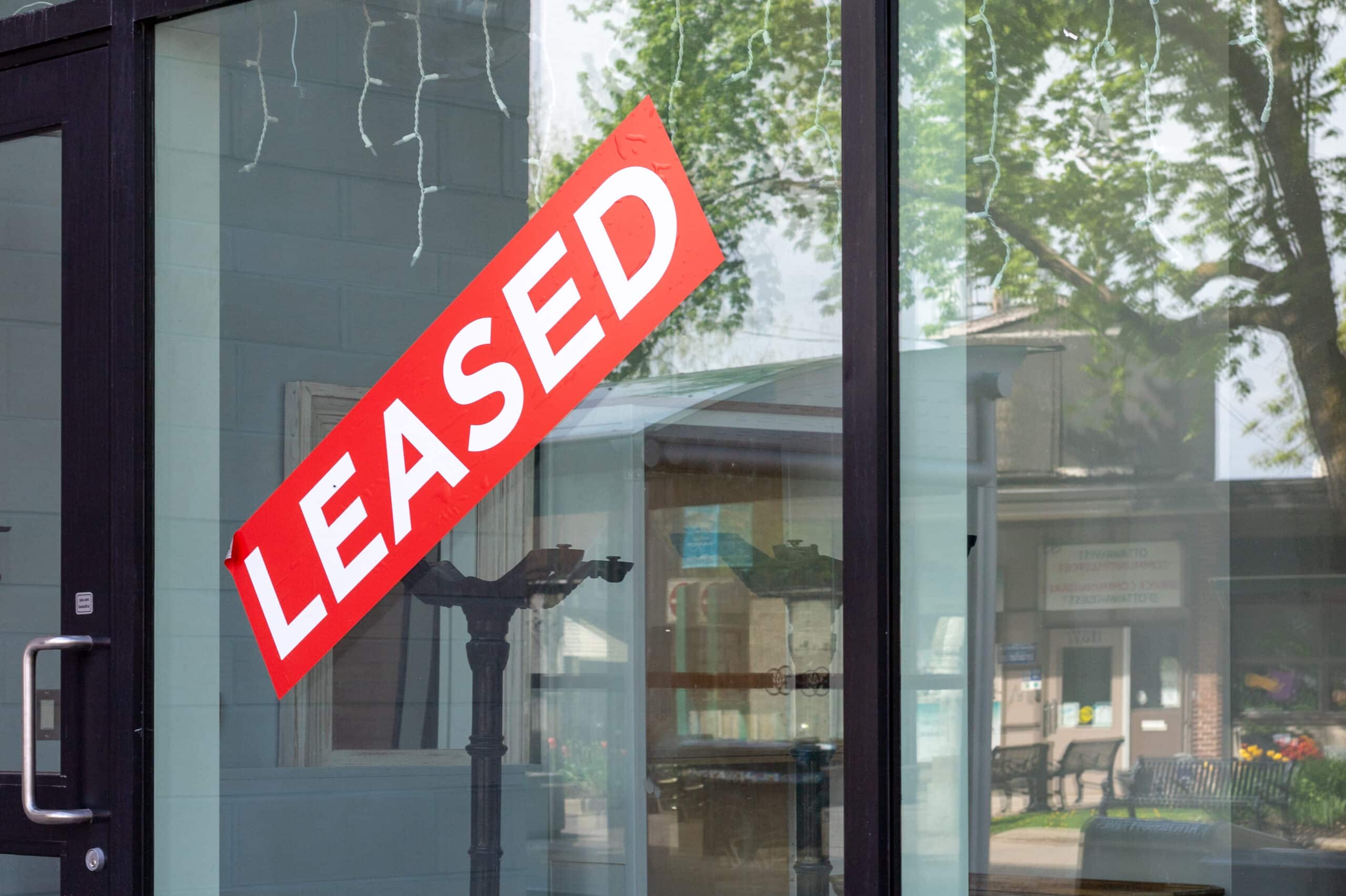You have signed a commercial lease with a landlord, but the landlord will not vacate or remove its property from the leased premises. What are you to do? You could sue the landlord for monetary damages. However, a recent Ontario case, Bellwoods Brewery Inc. v. 1896841 Ontario Limited, 2023 ONSC 2845 (“Bellwoods Brewery”), that was upheld by the Ontario Court of Appeal, 2023 ONCA 851, indicated that the specific performance remedy (typically available in the context of reneging on a contract for the sale of land) may also be available to the aggrieved tenant, at least in the context of a long-term commercial lease. Specific performance is an equitable remedy that may be available for breach of a contract. If specific performance is granted by the court, the offending party will be compelled to perform its contractual obligations.
In the Bellwoods Brewery case, Bellwoods Brewery Inc. (“Bellwoods”) operated a brewery, retail store, restaurant, and bar in Toronto. As its business was successful, it decided to expand to a second location. Bellwoods engaged in lengthy negotiations with 1896841 Ontario Limited (the “Landlord”) with respect to leasing a particular property in Toronto. In May 2015, Bellwood and the Landlord signed a 20-year lease for a portion of the property comprising of an 11,000 square foot glass box and part of the adjoining brick portion of the building (the “Leased Premises”). The lease permitted Bellwoods to use the Leased Premises as a brewery, retail beer store, restaurant and bar, public event space, and ancillary office space.
At the time of signing the lease, the Landlord’s furniture business and an appliance store occupied a portion of the Leased Premises. Under the lease, the Landlord was required to vacate the Leased Premises within 30 days of the signing of the Lease and to leave the Leased Premises free of all inventory and debris. Unfortunately, the Landlord did not vacate the Leased Premises, continuing to occupy a portion of the Leased Premises to operate its furniture showroom, store inventory and debris, use the loading docks, and to allow the appliance business to remain on the premises. Despite repeated objections from, and numerous attempts to resolve the matter by, Bellwoods, the Landlord did not vacate the Leased Premises and even rented them out from time to time to others for short durations.
In January 2017, Bellwoods sued the Landlord for breach of contract and sought an order for specific performance. The court found that the Landlord breached the lease when it failed to vacate the Leased Premises and interfered with Bellwoods’ ability to prepare its plans and complete the design process. The court then proceeded to outline the test for determining whether specific performance can be granted, that is whether the property rather than its monetary equivalent better serves justice between the parties involved. The case law has established that the following three factors must be considered:
- Nature of the property – Is the property unique such that a substitute would not be readily available?
- Would damages be inadequate as a remedy?
- The behaviour of the parties.
First, the court considered the nature of the property. The court noted that one way to prove that there is no readily available substitute for the property is to show that the property has characteristics that cannot be readily duplicated, and that the characteristics relate to its intended use, making the property especially suitable for the intended use. The court referred to the following qualities of the Leased Premises, among others, that could not be readily duplicated and made the Leased Premises uniquely suitable for Bellwood’s proposed uses:
- The glass box had 44-foot ceilings that would allow for large brewing beer tanks and would create a dramatic effect when lit up at night.
- The Leased Premises had space for a roof-top patio that could hold 300 people and a second patio with capacity for 70 people, the use of which patios would be rent free.
- The building was located in an up-and-coming area with high foot traffic that was close enough to Bellwoods’ other location without cannibalizing its customer base.
- The Leased Premises had enough space and versatility that they could be used for brewing, a restaurant, a bar, a bottle shop, and a separate event space.
- The building had a loading dock that Bellwoods could use, which was crucial for the brewery’s operation.
- Bellwoods was permitted to use 19 rent-free parking spaces, with the right to access another 25 parking spaces on one week’s notice.
- The building would be very attractive for event planning given the very authentic and hip warehouse aesthetic, the proximity to downtown Toronto, and space that could hold 280 people.
Second, the court considered whether monetary damages would be an inadequate remedy for Bellwoods. The court found that Bellwoods was planning to operate the Leased Premises as a marquee space in a desirable location, which would have enhanced its brand over the lengthy term of the lease. As such, the court held that damages would not be an adequate remedy and that specific performance would be more appropriate, putting Bellwoods in the same position it would have been in if the lease had been performed.
Third, the court addressed the behaviour of the parties involved. The court found that Bellwoods behaved reasonably, repeatedly attempting to accommodate the Landlord, unlike the Landlord who behaved unreasonably.
As a result, the court ordered specific performance of the lease, stating that specific performance rather than monetary damages better served justice between the Landlord and Bellwoods. The Landlord was required to vacate the Leased Premises and to perform its obligations under the lease. In addition, the court also granted to Bellwoods monetary damages, in the amount of approximately $6 million, to compensate it for the delay in its operations at the Leased Premises.
The Bellwoods Brewery case demonstrates that while damages are the typical remedy for breach of contract, a tenant seeking to enforce a long-term commercial lease may be entitled to specific performance in addition to damages with respect to its economic loss, provided the tenant can meet the test for specific performance.
This blog post was written by Marina Abrosimov, a member of the Business Law team. Marina can be reached at 613-369-0363 or at marina.abrosimov@mannlawyers.com.








